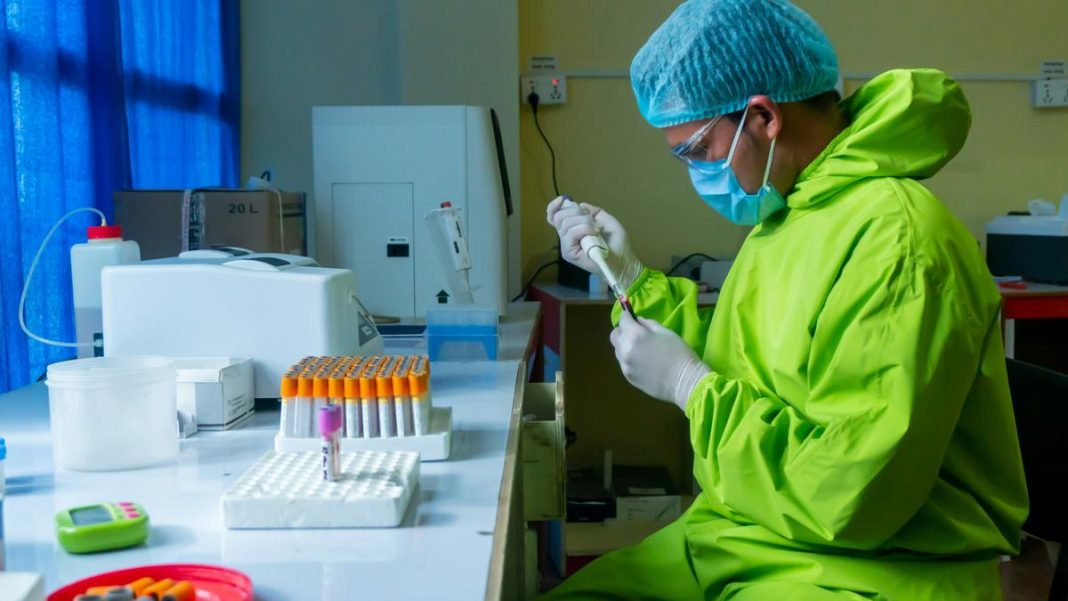Key Takeaways
- Immunology has become central to modern medicine, driving vaccine development, cancer treatment, and autoimmune disease research
- India faces both opportunity and challenge in leveraging immunology for its unique healthcare needs
- Educational reform and research investment are crucial for India to lead in immunological innovation
Immunology has emerged as the cornerstone of modern medicine, transforming everything from pandemic response to cancer treatment. For India, embracing this field represents a critical opportunity to address its unique healthcare challenges and become a global leader in medical innovation.
The Nobel Legacy in Immunology
The field’s significance is underscored by its remarkable Nobel Prize record – 31 laureates across 16 different years, with 21 immunologists honored in just the last 50 years. The most recent 2025 Prize recognized Mary E. Brunkow, Fred Ramsdell, and Shimon Sakaguchi for discovering regulatory T cells, the immune system’s ‘security guards’ that prevent autoimmune attacks.
This discovery has opened new treatment avenues for autoimmune diseases, cancer, and transplant rejection, demonstrating immunology’s ongoing centrality to medical advancement.
Pandemic Proof: Immunology in Crisis
The COVID-19 pandemic showcased immunology’s vital role in global health security. Record-breaking vaccine development was possible only because of decades of foundational research, particularly on mRNA technology that earned the 2023 Nobel Prize.
The crisis accelerated adoption of novel vaccine platforms and highlighted how immunological knowledge can alter global events when translated into effective technologies.
Beyond Infection: Immunology’s Expanding Reach
Immunology has revolutionized cancer treatment through checkpoint inhibitors (2018 Nobel), CAR-T therapies, and cancer vaccines. But its scope continues to expand into surprising areas:
- Brain health: Investigating links between inflammation and depression/neurodegenerative diseases
- Metabolic disorders: Exploring immune system roles in conditions like diabetes
- Aging research: Potential for immune-modulating therapies to promote longer, healthier lives
The immune system is now understood as a master regulatory network connected to every organ and biological process.
India’s Immunological Imperative
With its immense population and dual burden of communicable and non-communicable diseases, India stands at a crossroads. The immunology revolution presents both monumental opportunity and significant challenge.
Traditional strengths in clinical care must now be complemented by robust immunology education and research infrastructure.
Building India’s Immunological Future
Transforming India’s healthcare system requires fundamental changes:
- Educational reform: Undergraduate and postgraduate curricula must emphasize immunology to keep pace with scientific advancement
- Research focus: Develop home-grown solutions for India-specific needs – from population-targeted vaccines to affordable immunotherapies
- Collaboration: Bridge the gap between laboratory researchers and hospital clinicians
Nations leading in biomedicine will be those investing in human capital – scientists and doctors fluent in immunology’s intricate language. For India, embracing this immunological era could transform its healthcare system and ensure modern medical miracles reach every citizen.




